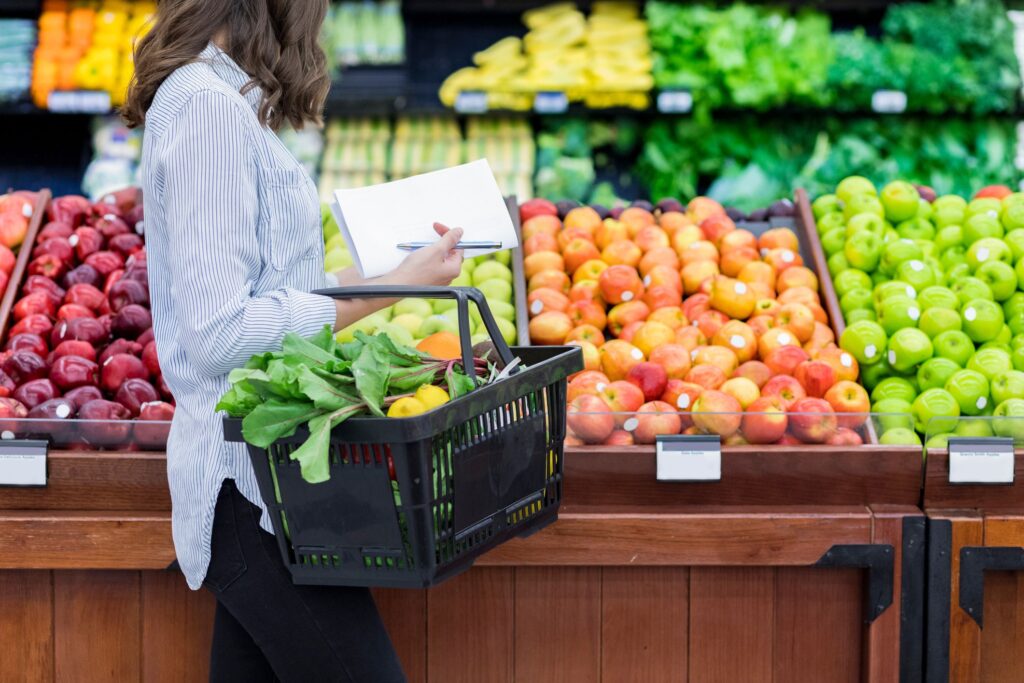In the relatively recent past, substantial expanses of the Earth were characterized by untouched wilderness, including grasslands, forests, and deserts. However, in the last few centuries, the necessity for agricultural practices to sustain human life has resulted in the displacement of these natural habitats with cultivated farmland.
The rearing of livestock requires significantly more land when compared to cultivating crops for human consumption. Currently, pastures and farms dedicated to animal feed production occupy more than three-quarters of all agricultural land, despite contributing less than 20% of the total calories consumed by humans. By reducing meat consumption and adopting plant-based alternatives, we have the potential to decrease the global demand for livestock and alleviate the associated environmental impact.
For additional insights into how your shopping choices can contribute to environmental protection, refer to the accompanying resource.
The Impact of Groceries from Green Rabbit, a provider of cold chain logistics solutions


